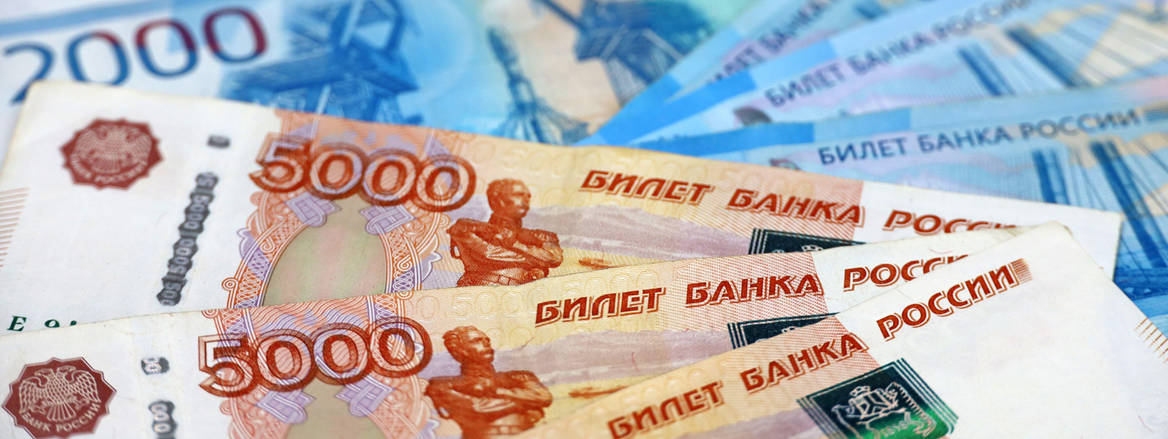On 7 May, RUSI launched a new policy brief, building on the invaluable work of investigative journalists to identify common mechanisms by which professional service providers facilitate sanctions evasion.
In recent years, OCCRP and its reporting partners have investigated the professional enablers hired by Russian and Belarusian individuals and entities to help them avoid the reach of sanctions. To extract the relevant policy lessons from this body of reporting, OCCRP partnered with RUSI’s Centre for Finance and Security (CFS) to conduct the innovative analysis contained in this policy brief.
Disabling the Enablers of Sanctions Circumvention
As Russia’s illegal war in Ukraine draws on and the range of sanctions targets dwindles, curtailing evasion activities must be a heightened focus for Ukraine’s allies. OCCRP’s reporting and CFS’s analysis demonstrates that fundamental policy and practice gaps continue to allow professional enablers to help their clients improperly protect their assets and interests from sanctions. This policy brief outlines the steps policymakers can take to “disable the enablers,” which will strengthen sanctions implementation beyond the Russian context.
The publication of this policy brief also represents a further strengthening of the relationship between CFS and OCCRP, which is grounded in their shared commitment to expose sanctions evasion, tackle illicit finance, and use the power of investigative journalism to effect change.
Alexandra Gillies, Director of the Global Anti-Corruption Consortium at OCCRP, said:
Investigative journalists have uncovered crucial information about how various entities are working to circumvent Russia sanctions. Meanwhile, experts at RUSI are tracking the wider policy and enforcement trends. Bringing these two strengths together is a powerful combination. This report will make sure that the overall lessons from the investigative reporting reach policymakers and other key stakeholders.
Alexandra Gillies, Director of the Global Anti-Corruption Consortium at OCCRP
RUSI Associate Fellow and Firefly Advisory Executive Director, Justyna Gudzowska said:
As new sanctions against Russia yield diminishing returns, it’s time to make these measures more effective by closing loopholes that allow professional enablers to facilitate sanctions evasion and operate with relative impunity. Common-sense adjustments to sanctions and regulatory regimes will reap benefits in the Russia context and further sharpen these tools of economic statecraft. Today's policy brief not only demonstrates that bringing together ground breaking investigative work with policy analysis can equip policymakers and practitioners with new ideas to tackle sanctions evasion, but also reflects the enhanced relationship between RUSI's CFS and OCCRP.
Justyna Gudzowska
RUSI Associate Fellow, CFS
Scott Greytak, Director of Advocacy at Transparency International US, said:
Russian sanctions evaders, terror networks, kleptocrats, human rights abusers, and transnational criminal organizations across the world all have one thing in common: They rely on professional “enablers” to move, hide, and grow their ill-gotten gains with impunity. This policy brief demonstrates that despite recent efforts, legislative and regulatory loopholes continue to exist. To tackle some of these gaps, Republicans and Democrats have united behind a forthcoming bill that will help ensure that the United States can no longer serve as a safe haven for those who steal from their citizens and threaten our national security.
Scott Greytak, Director of Advocacy at Transparency International US
About the Organized Crime and Corruption Reporting Project (OCCRP)
With staff across six continents and centres in Amsterdam, Washington, D.C., and Sarajevo, OCCRP is one of the largest investigative journalism organizations in the world. It is a mission-driven, nonprofit newsroom that partners with other media outlets to publish stories that spur action. OCCRP is also a media development platform that advances investigative reporting worldwide.
The Global Anti-Corruption Consortium (GACC) is a collaboration formed by OCCRP and Transparency International to accelerate the fight against corruption by bringing together investigative journalism and the work of civil society.
For more information on the OCCRP’s work, see here.
About RUSI’s Centre for Finance and Security (CFS)
The Royal United Services Institute (RUSI) is the world’s oldest and the UK’s leading defence and security think tank. Within RUSI, CFS specialises in the intersection of finance and global security. Our analysis and actionable ideas aim to challenge the status quo and build resilience in the global response to illicit finance. Our work covers a range of state- and non-state-based security threats, which we examine through a financial lens.
Since the programme’s inception in 2014, CFS has been driving change through our partnership-based approach and the development of viable solutions. Our work has helped to unveil the scale and complexities of international illicit finance, as well as to identify realistic policy responses across both the public and private sectors. We focus on putting our evidence-based research into practice through capacity-building and collaborative workshops.
CFS experts are regularly called on to advise governments and international bodies, including the UN Security Council, the Financial Action Task Force, the UK and European Parliaments, and US Congress. Through our public engagements and events, we aim to highlight to wider audiences the pivotal role of finance in global security questions.
For more information on our work, see here.


